Linguistics In Times of Crisis
Closing Session - Abralin ao Vivo - Linguists Online
Participants
-
Miguel Oliveira Jr.
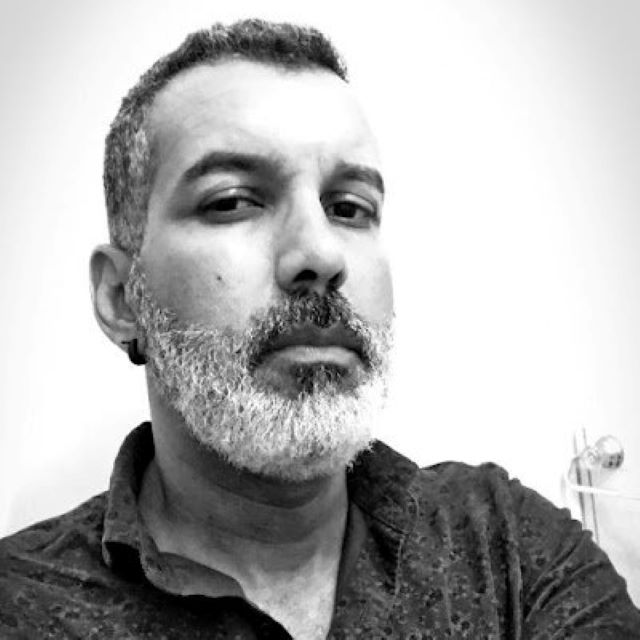
Miguel Oliveira Jr.
Miguel Olveira, Jr. é doutor em Linguística pela Universidade Simon Fraser (Vancouver, Canadá). Trabalhou como pesquisador associado na Universidade do Sul da Dinamarca (Odense, Dinamarca), no Instituto de Linguística Teórica e Computacional, ILTEC (Lisboa, Portugal), na Universidade de Manchester (Manchester, Reino Unido), no Instituto Max Planck de Atropologia Evolucionária, MPI (Leipzig, Alemanha), e na Universidade de St Andrews (St Andrews, Escócia, Reino Unido). Colaborou em pesquisas desenvolvidas no FitchLab, da Universidade de Viena (Viena, Áustria) e no Language Lab, no Instituto de Tecnologia de Massachusetts (Cambridge, EUA). Foi pesquisador visitante no Laboratório de Pesquisa em Eletrônica (RLE) do Instituto de Tecnologia de Massachusetts (Cambridge, EUA) e professor visitante no Departamento de Psicologia da Universidade da California, Davis (Califórnia, EUA). Trabalha como professor associado de Linguística na Universidade Federal de Alagoas (UFAL) e é atualmente presidente da Associação Brasileira de Linguística (ABRALIN). Atua principalmente nas seguintes áreas: prosódia, fonética experimental, psicolinguística e documentação linguística.
-
Raquel Freitag
Raquel Freitag
Raquel Freitag é Professora do Departamento de Letras Vernáculas, do Programa de Pós-Graduação em Letras e do Programa de Pós-Graduação em Psicologia da Universidade Federal de Sergipe. Doutora em Linguística pela Universidade Federal de Santa Catarina, área de concentração Sociolinguística, atualmente, estuda o processamento da variação linguística, com atenção às pistas de atenção, reparo e emoções na produção e percepção. Também desenvolve atividades de popularização da ciência e estímulo à pesquisa na educação básica, com o projeto Cienart e com a organização da Feira Científica de Sergipe durante a Semana Nacional de Ciência e Tecnologia. Coordeno o Condomínio de Laboratórios Multiusuário de Informática e Documentação LAMID da Universidade Federal de Sergipe. Foi secretária da Associação Sergipana de Ciência ASCi, biênio 2016-2018. É Pesquisadora Associada da Rede Nacional de Ciência para Educação (CpE) e editora-chefe da Revista da ABRALIN. Vice-presidente da associação do Grupo de Estudos Linguísticos e Literários do Nordeste biênio 2019-2020 (GELNE) e da Associação Brasileira de Linguística.
-
David Bradley
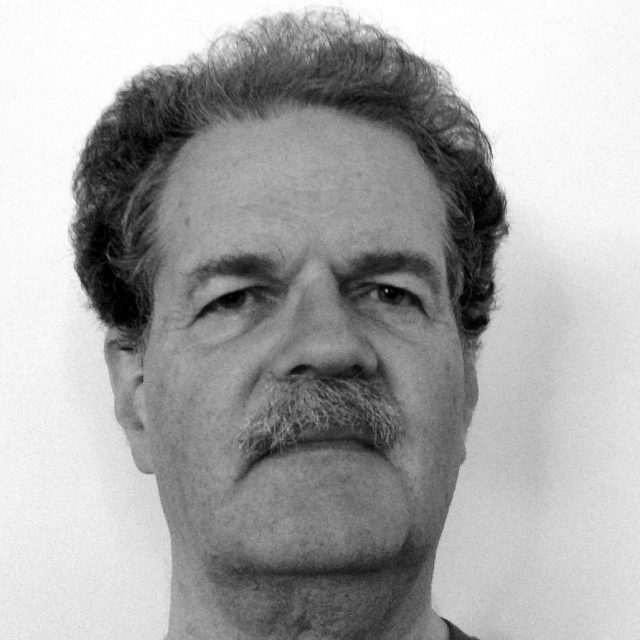
David Bradley
David Bradley is President of CIPL and Emeritus Professor of Linguistics at the La Trobe University. Graduate (AB) of Columbia University as a student of Matisoff and Labov, PhD from School of Oriental and African Studies, U of London as a student of Henderson and Sprigg. His extensive fieldwork and publication is on a variety of Tibeto-Burman languages in Thailand, China and elsewhere. Specialising in sociohistorical linguistics, especially concerning endangered languages.
-
Mariana Cucatto
-
Dermeval da Hora
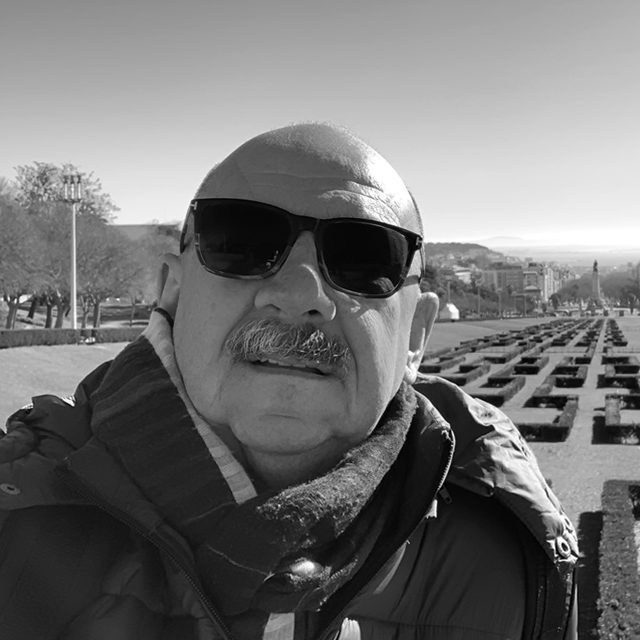
Dermeval da Hora
Dermeval da Hora é doutor em Lingüística Aplicada pela Pontifícia Universidade Católica do Rio Grande do Sul (1990). Atualmente, é Professor da Universidade Federal da Paraíba. Tem experiência na área de Lingüística, com ênfase em Língua Portuguesa, atuando principalmente nos seguintes temas: fonologia e sociolinguistica variacionista. Como bolsista de Produtividade do CNPq 1B, desenvolve o Projeto “Variação Linguística no Estado da Paraíba – fase III: variação, estilo, atitude e percepção”. Foi Presidente da Associação Brasileira de Linguística (ABRALIN) no período de 31 de agosto de 2007 a 31 de agosto de 2009. Coordenou a Área de Linguística e Literatura da CAPES (período 2011-2018). Presidente da Associação de Linguística e Filologia da América Latina (2017-2023). Representante da ALFAL no Comitê Internacional Permanente de Linguistas (CIPL).
-
Marianne Mithun
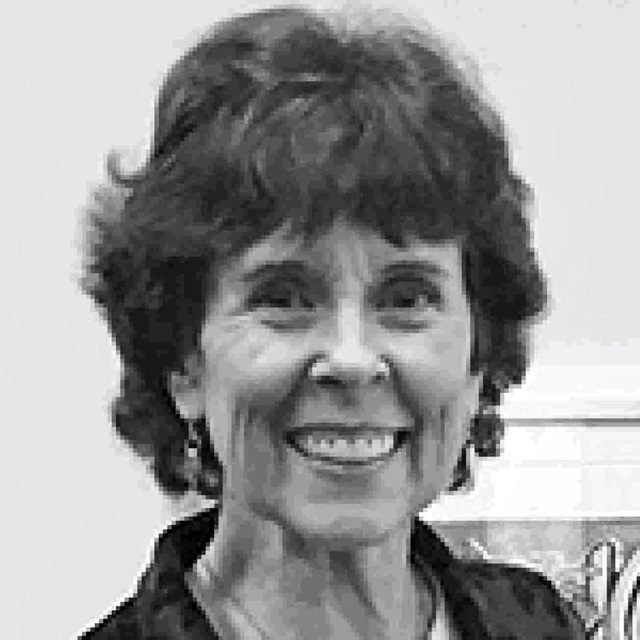
Marianne Mithun
Marianne Mithun’s work has focused especially on Mohawk, Cayuga, and Tuscarora (Iroquoian family); Central Pomo (Pomoan); Barbareño Chumash (Chumashan); Central Alaskan Yup’ik (Eskimo-Aleut); Navajo (Athabaskan); and Kapampangan and Hiligaynon (Austronesian); as well as some work with Cree (Algonquian), Dakota/Lakhota and Tutelo (Siouan), Seneca, Oneida, Onondaga, and Huron (Irouqoian), and Selayarese and Waray (Austronesian). She is Professor of Linguistics at the University of California and President of the Linguistic Society of America (LSA).
-
Victoria Marrero
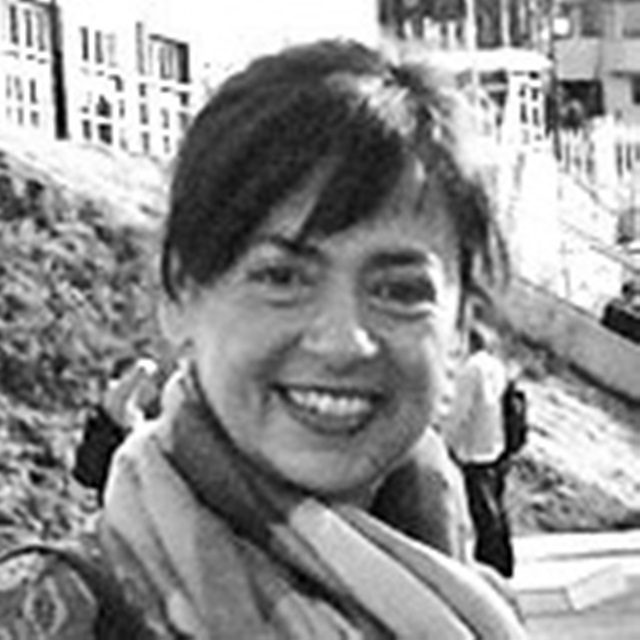
Victoria Marrero
Victoria Marrero is Ph. D. in Linguistics from the Complutense University of Madrid, and Professor of Linguistics and Spanish Language at the National Distance Education University (UNED) in Spain. She has been a guest speaker at the CSIC (Spanish Research Council) and several Spanish universities, where she has taught in the posgraduate programs (Universidad Complutense de Madrid, Universidad Autónoma de Madrid, Universidad de Barcelona, etc). Her main areas of interest are Phonetics, Speech Perception, Clinical Linguistics, Language Acquisition and Spanish as a Second Language for Immigrants.
-
Ilana Mushin
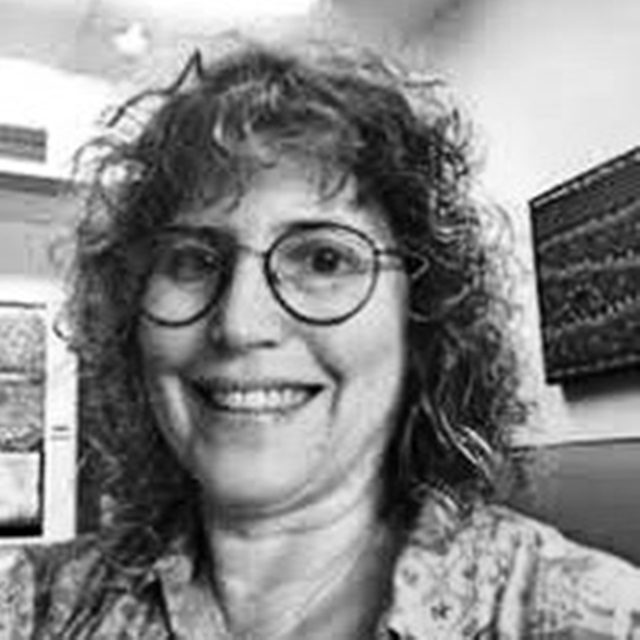
Ilana Mushin
Ilana Mushin is Associate Professor at the University of Queensland, specialising in pragmatics, typology, and interactional linguistics in Australian Aboriginal languages, especially Garrwa. She has also recently worked on early years classroom interaction and on Queensland varieties of Aboriginal English. She is President of the Australian Linguistic Society (2020-2023).
-
Caroline Heycock
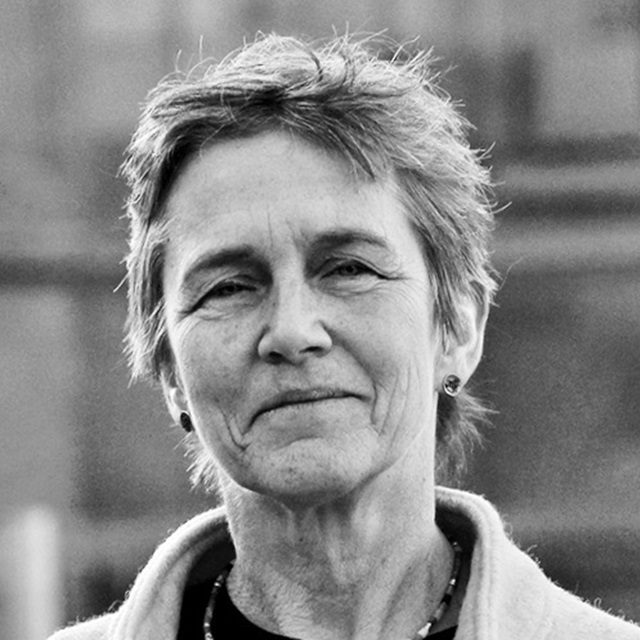
Caroline Heycock
Caroline Heycock is Professor of Syntax . Her work is in the area of theoretical syntax, with particular reference to English and the other Germanic languages, and to Japanese. The topics that she is interested in tend to be at the borderline of syntax and semantics. Recent and current research topics include reconstruction phenomena, equatives and other copular constructions, particularly pseudoclefts, the syntax and semantics of (especially) nominal conjunction, and syntactic attrition in the native language of advanced learners of a second language. Together with Antonella Sorace and Zakaris Svabo Hansen, she have been working on a 3-year project investigating variation and change in the syntax of Faroese. Heycock is President of the Linguistics Association of Great Britain.
-
Daniel Perrin
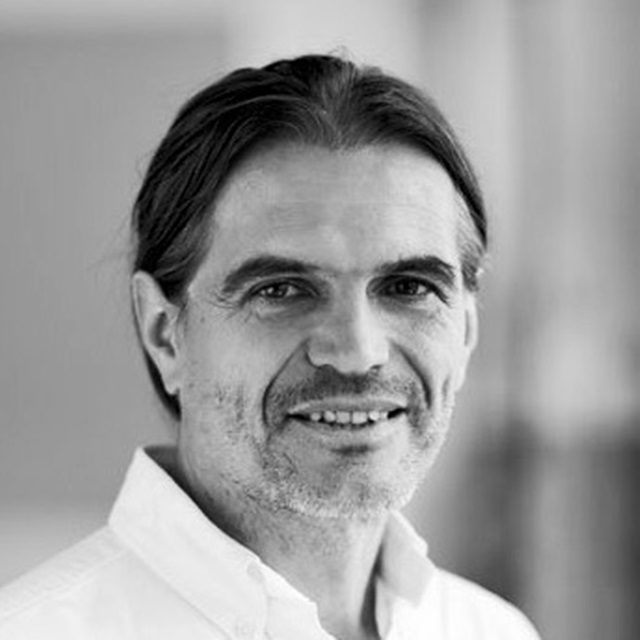
Daniel Perrin
Daniel Perrin is Professor of Applied Linguistics at the Zurich University of Applied Sciences, Switzerland. His expertise and research interests include text linguistics, methodology of applied linguistics, text production research, analysis of language in the media and in professional communication. President of AILA International Association of Applied Linguistics (2017-2020).
-
Dawn Knight

Dawn Knight
Dawn Knight is a member of the Centre for Language and Communication Research, and have worked at Cardiff University since 2015. Her research interests lie in the areas of corpus linguistics, discourse analysis, lexico-grammar, digital interaction, non-verbal communication and the socio-linguistic contexts of communication. She is the current Chair (2018-2021) of British Association for Applied Linguistics.
-
Teresa Fanego
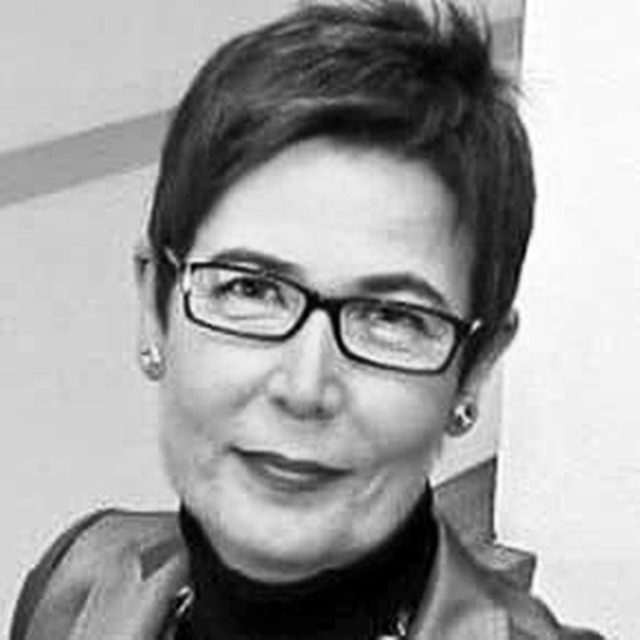
Teresa Fanego
Teresa Fanego works as a Full Professor of English Language and Linguistics at the University of Santiago de Compostela. She studied Germanic Philology in Santiago de Compostela and specialized (1975-1976) in English Linguistics at University College London, on a British Council scholarship. since May 1990, Fanego holds the chair in English Language and Linguistics (from September 2018 as Professor Emeritus) in Santiago de Compostela. Most of her published work has been on the English of Shakespeare and his contemporaries and on various aspects of English historical syntax, including sentential complement constructions and the expression of motion events. As of 24 August 2019, she is the President of SLE.
Abstract →
Linguistics In Times of Crisis
Closing Session - Abralin ao Vivo - Linguists Online
In the midst of a global pandemic and a crisis in science in general, an in the field of the Humanities in particular, Linguistics – as an area of research – faces several challenges for its very existence. The pandemic has caused profound changes to society and prompted scientists to rethink many of our academic practices. With this in mind, the Brazilian Linguistics Association, Abralin, in cooperation with CIPL – the Comité International Permanent des Linguistes, ALFAL – the Asociación de Lingüística y Filología de América Latina, SAEL – the Sociedad Argentina de Estudios Lingüísticos, AILA – the Association Internationale de Linguistique Appliquée, the LSA – the Linguistic Society of America, the LAGB – the Linguistics Association of Great Britain, SLE – the Societas Linguistica Europaea, ALS – the Australian Linguistic Society, BAAL – the British Association for Applied Linguistics and SEL – the Sociedad Española de Lingüística organized a 3-month virtual event: Abralin ao Vivo – Linguists Online. The event was designed to give students and researchers free access to state-of-the-art daily discussions on the most diverse topics related to the study of human language. It gathered together linguists from all over the world and provided collective insights that outline ways to build an agenda for linguistic research on a global level.
Now we need to take the next step: what is the role of linguistics in this new configuration of a post-Pandemic world? What effective contributions can Linguistics make to the new global reality? What networks of research collaboration can be formed? What brings us together and what distances us?
At a particularly sensitive time, Linguistics makes it possible to reflect on an inherently human property: language.
